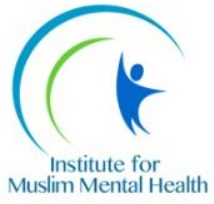Blog
Share your insights, research, and stories to inspire and empower our community.
Our blog is a hub for engaging and evidence-based resources tailored to the needs of the Muslim community. This is your opportunity to share your insights, research, and experiences with a global audience while contributing to mental health awareness and advocacy.
Message about Planned Transition of President Hamada Altalib, DO, MPH, FAES
Dear Members of the Institute for Muslim Mental Health: Last week, President Hamada Altalib, DO, MPH, FAES announced that he is stepping down as president of the Institute for Muslim Mental Health (IMMH). After serving in this role for eight years, President Altalib has decided to continue with IMMH as part of the advisory board…
Read MoreSuicide Postvention – Crisis Response Summary
Suicide is a human condition. As such, Muslims are not immune to mental health challenges, mental illness, and suicidal ideation. The Institute for Muslim Mental Health coordinated and hosted an emergency Meet the Expert Pro-Series webinar on Thursday, April 8th 2021 in response to a mental health crisis in the Muslim community. The Pro-series webinars are geared towards Muslim mental health practitioners and community faith leaders. This article summarizes the key learning points of Dr. Rania Awaad’s webinar presentation.
Read MoreWe invite mental health professionals and community members to contribute by sharing insights, research, and relevant resources. Email your submissions to blog.editor@muslimmentalhealth.com.
Learn about our Blog Structure and Submission Guidelines to get started.





